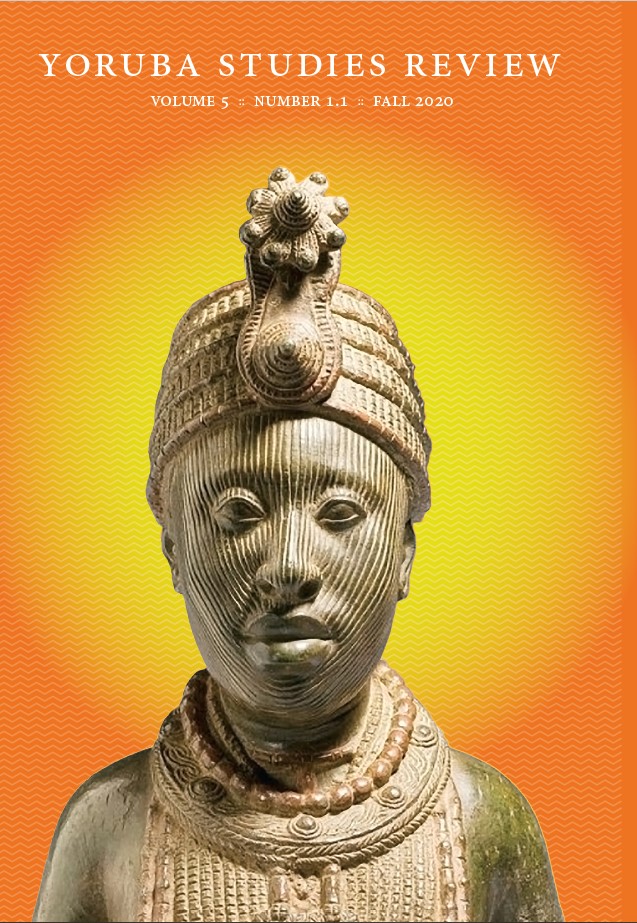Abstract
Projection and promotion of Yoruba cultural ideology and philosophy are motifs in D.A. Ọbasa’s poetry. As an ingenious poet, Obasa adroitly blends the tropes of didacticism and philosophical tenets in his poetry. Existing works on his poetry have explored the thematic preoccupations of his poems, as well as their forms and stylistic features. However, little attention has been paid to the correlation between didacticism and philosophy in his poetry. Tis essay, therefore, identifies the basic tenets of philosophy in the form of ethical, metaphysical, and epistemological aspects of Yoruba philosophy in Obasa’a poetry with a view to establishing the way Yoruba philosophy is used to teach morals in the poems. Ọbasa’s philosophical inclination is anchored on Yoruba philosophy. Some of the philosophical tenets identified are ethical issues, like obedience, truth, hospitality and being respectful. Virtues are extolled, while vices, like jealousy, pride, disobedience and deceit are condemned. The metaphysical beliefs of the Yoruba in death, destiny, and life after death, as well as the belief in the Supreme Being (Olodumare) are also discussed. The epistemological values of Yoruba communal system and ìwà, and ọmọlúàbí concept are also entrenched in Ọbasa’s poetry. It is also revealed that satirical elements, especially humor are used to project Yoruba philosophical belief in order to imbue the reader with moral rectitude. There is a close link between Ọbasa’s poetry and the Yoruba sociocultural milieu. The essence of didacticism and philosophical tenet in his poems is to advance the social development of the Yoruba society and the larger Nigerian society.

This work is licensed under a Creative Commons Attribution-NonCommercial 4.0 International License.
